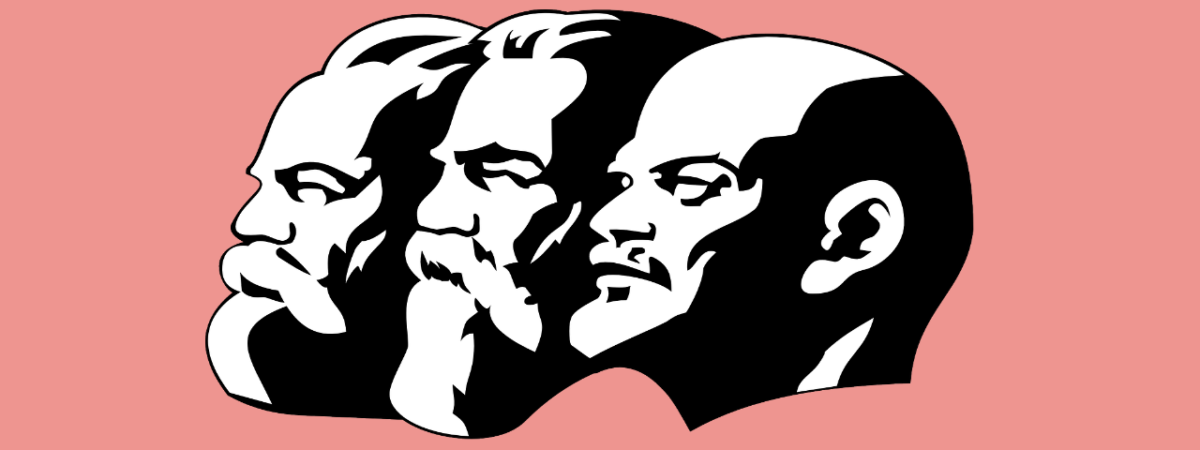Book review: “The Power of Capitalism” by Rainer Zitelmann (Part 2)
SUGGESTED



The next chapter of Rainer Zitelmann’s book The Power of Capitalism takes us closer to home. These days, British conservatives often go out of their way to signal that they are no longer Thatcherites, treating their 1980s legacy as something to be ashamed of. Zitelmann offers a useful reminder of how bad things were in Britain in the 1970s, of how much Britain needed a break with its post-war statism, and how much of an economic revitalisation the Thatcher reforms brought. This is a dual chapter, which also looks at the role of “Reagonomics” in the US.
Chapter 6 looks at two South American nations that have experienced a drastic role reversal in recent decades: Chile and Venezuela. Chile is the continent’s poster child, a liberal democracy, economically about on a par with Portugal, with social indicators you would expect from a first-world country. Venezuela, in contrast, is a basket case, suffering from mass poverty, severe shortages of basic essentials, hyperinflation, and political authoritarianism.
In the mid-1970s, it was almost exactly the other way around. Venezuela was a rich country with stable democratic institutions. Chile was a grim military dictatorship, plagued by a shrinking economy, shortages and runaway inflation. The two countries have since traded places, and this is entirely due to different policy choices.
In Chile, something unexpected happened: the military junta sought – and accepted – advice from a group of liberal economists, the “Chicago Boys”, who advocated a tight monetary policy, trade liberalisation, fiscal restraint and privatisation. Zitelmann does not gloss over the human rights violations of the Pinochet dictatorship. But he does point out that the Chicago Boys’ economic legacy was subsequently accepted, and validated, by successive democratically elected governments of various political shades. Of course, ideally, economic liberalism should have gone hand in hand with political liberalism. But the problematic origins of Chile’s market-based economic model are not a reason to abandon it now.
Venezuela, on the other hand, abandoned economic liberalism in favour of populism, nepotism, patronage, and later, a peculiar version of socialism: Chavismo, or, as it was hailed by its legions of admirers at home and abroad, “21st Century Socialism”. We know how that ended.
The Power of Capitalism was not written for an English-speaking audience: it was originally published in German as Kapitalismus ist nicht das Problem, sondern die Lösung [“Capitalism is not the problem, but the solution”]. Chapter 7, however, reads as if it had been specifically written with an Anglosphere-audience in mind. It deals with the myth of “Nordic socialism”, a myth which does not exist as such in Germany, but which is alive and well in the US, and to a lesser extent, in Britain as well.
In Germany, it would not occur to anyone to describe Sweden or Denmark as “socialist” (unless it is in a polemical way). There, the term “socialism” is reserved for planned economies like the former GDR or present-day North Korea. Sweden and Denmark are often idolised, but they are idolised as examples of progressive welfare states, not as examples of “socialism”. Stop any random German in the street and ask them what they make of Sweden, and in all likelihood, the answer will be something like: “The Swedes are more or less like us, but a bit better. Where we waver, they go the extra mile.”
But in the US, the terms “social democracy” and “democratic socialism” are constantly conflated, and this is not uncommon in Britain either. Zitelmann’s chapter on Sweden offers a useful corrective to this. He describes how there was indeed a period (the 1970s and 1980s) when the Swedish state intervened heavily in the economy, in ways that went far beyond high taxes. In those years, Sweden was indeed moving towards something that could be reasonably described as “socialism”. But the results were distinctly underwhelming, which is why Sweden abandoned its hyperinverventionism in the 1990s. Sweden’s privatisation programme of the 1990s, for example, was not that different from what happened in Britain in the Thatcher years. It is just that we would never associate “Sweden” with “privatisation”, in the way that we do with Thatcher’s Britain. National stereotypes, no matter how obsolete, are hard to shift, and this is true in the economic sphere no less.
The next chapters deal with the political and economic fallout from the financial crisis, as well as with the Western intellectuals’ peculiar hostility to the market economy. The final chapter identifies the remaining weaknesses that exist even in the world’s most liberal market economies, and shows the need for further reform and improvement.
The book covers a lot of ground in less than 200 pages, so naturally, it cannot be exhaustive on any one particular subject. But it offers a broad overview of where we are today, and how we got here, in a format and style that is easily accessible to a lay reader. The book is almost entirely free of economic jargon; its intention is to explain, not to show off. Nor does the author hide behind faux-neutrality: Zitelmann is a passionate believer in free markets, and he is completely upfront about that throughout the book.
This year, there has been a deluge of books which, in one form or another, make the case that socialism deserves another try. What they all have in common is the conspicuous absence of a single, positive real-world example. This “counter-zeitgeisty” book, which makes the unfashionable case for capitalism, does the precise opposite. The Power of Capitalism leans very heavily on real-world examples throughout, and constructs its arguments on that basis.
And this is not a coincidence. It is symptomatic of the capitalism-vs-socialism debate in 2019. The liberal message is essentially: “here is a list of examples of our ideas in action; the outcomes are quite good so far, but they could be a lot better still, and here’s how.” The socialist message is essentially: “we have no positive examples of our ideas in action, we accept no responsibility for the negative ones, and we cannot really tell you what we will do differently. Just trust us that it will be different next time.”
Call me biased, but I know which of these messages I find more confidence-inspiring.
___
Recommendations for further reading/watching/listening:
- “The Power of Capitalism“: IEA podcast with Dr Rainer Zitelmann and Dr Kristian Niemietz
- “Socialism, Capitalism and Millennials“: THINK conference panel with Joseph Sternberg, Dr Kristian Niemietz, Dr Rainer Zitelmann and Rebecca Lowe
- “The Wealth Elite. A groundbreaking study of the psychology of the super rich” by Dr Rainer Zitelmann




